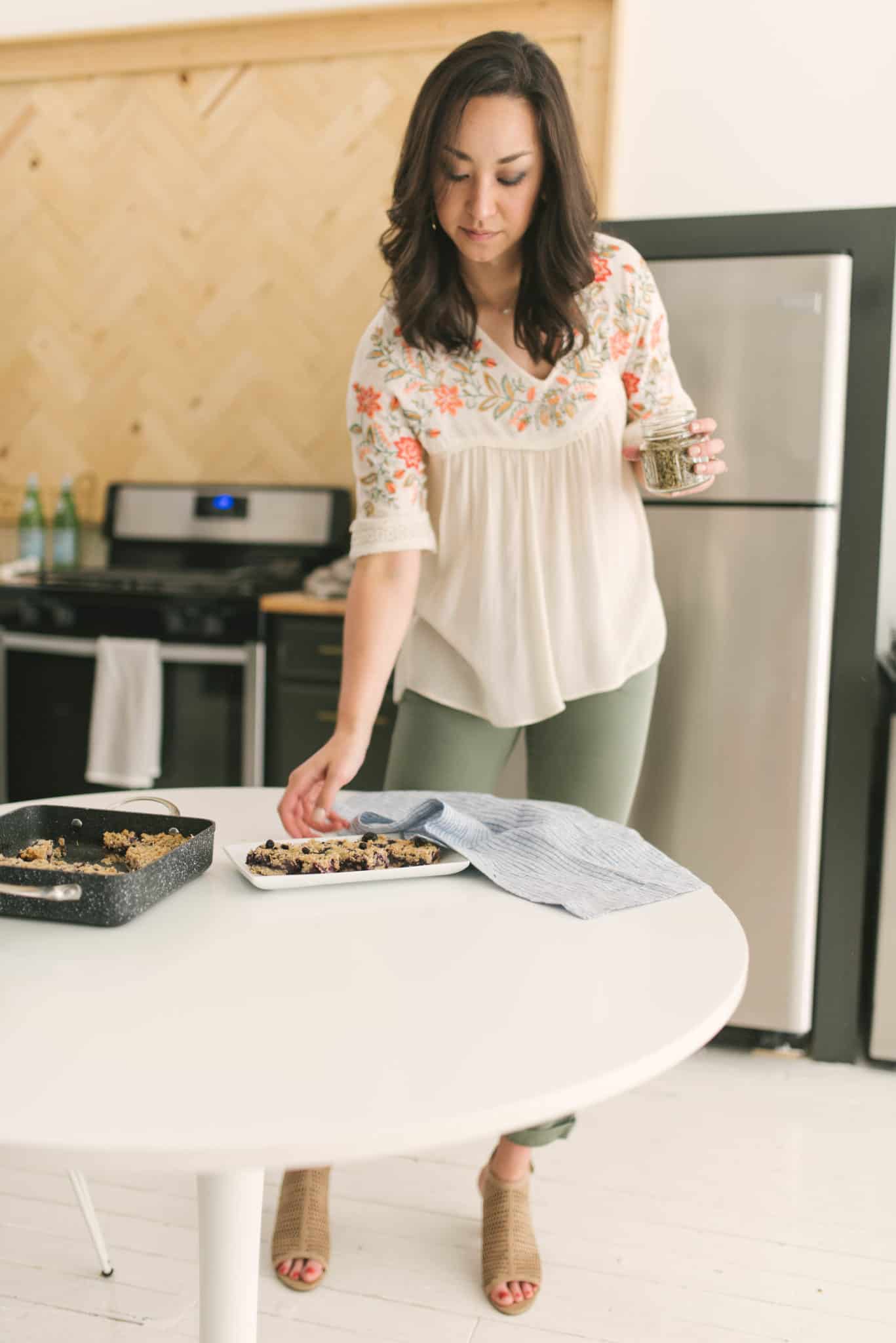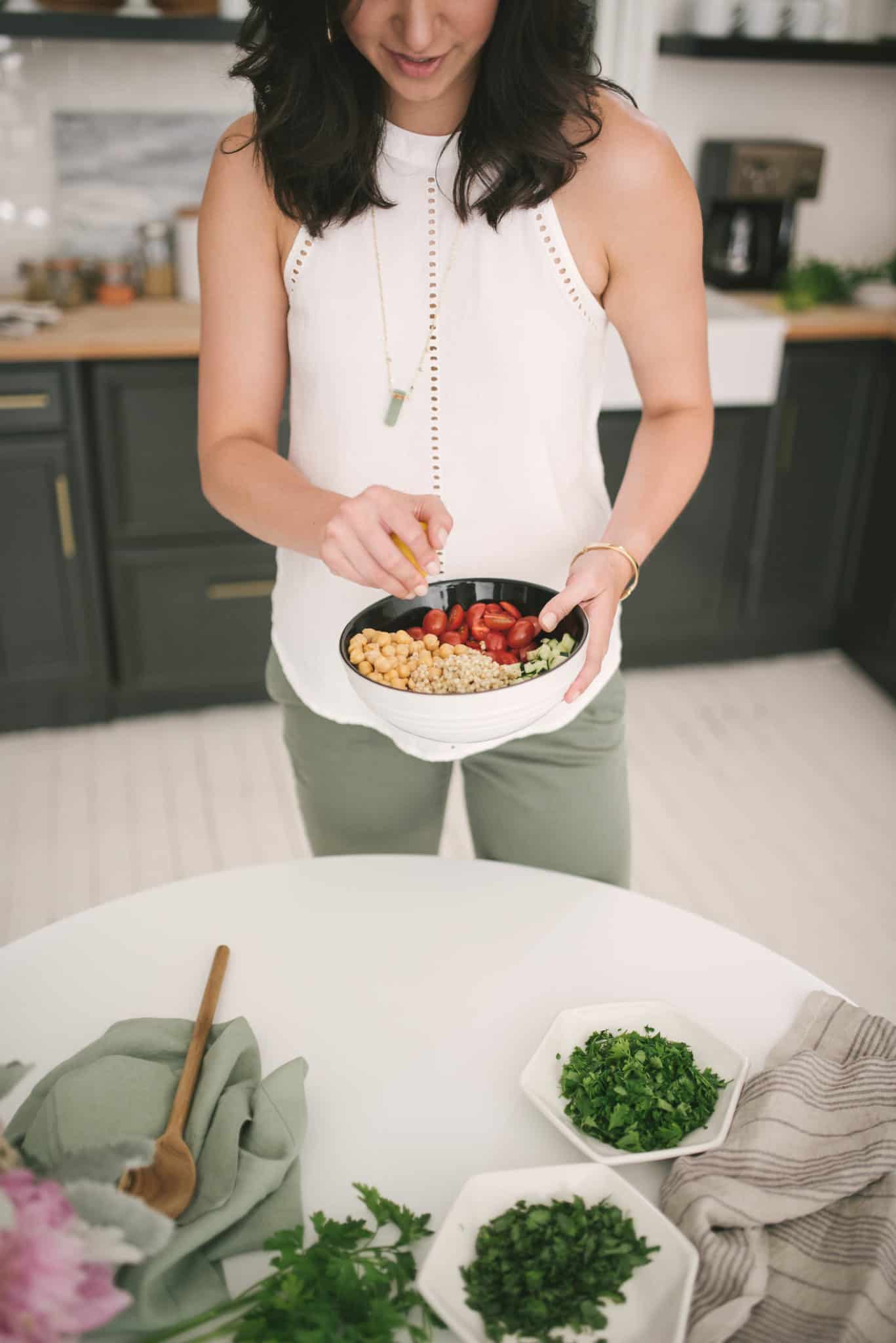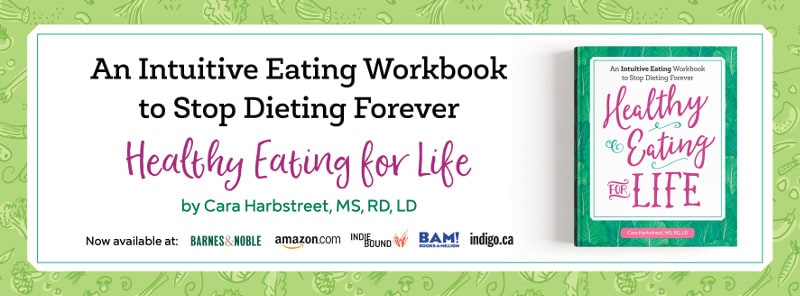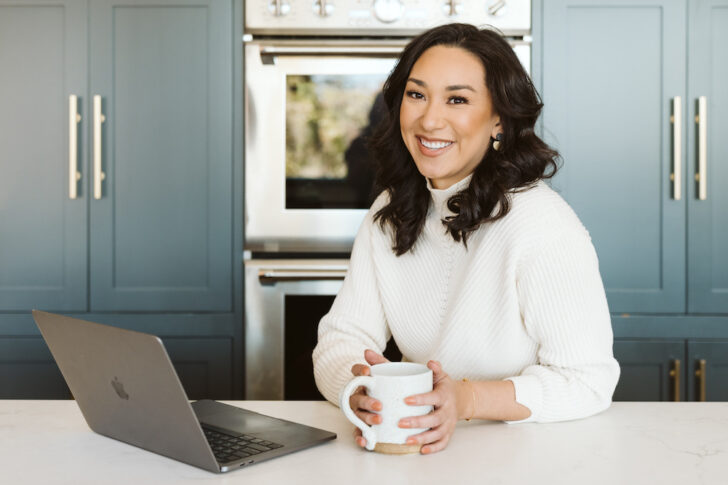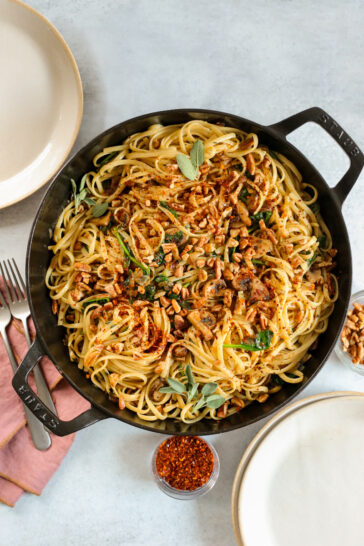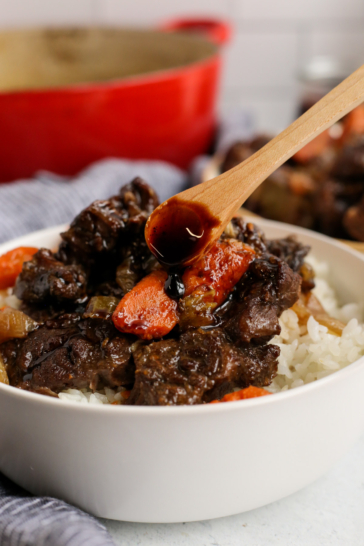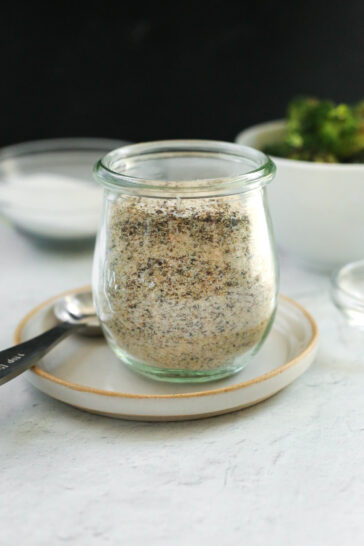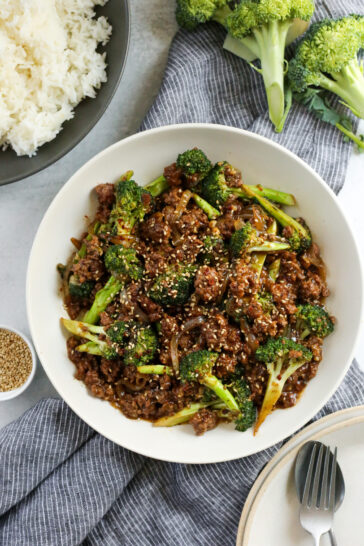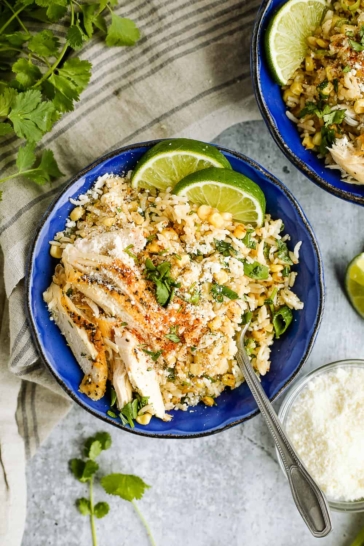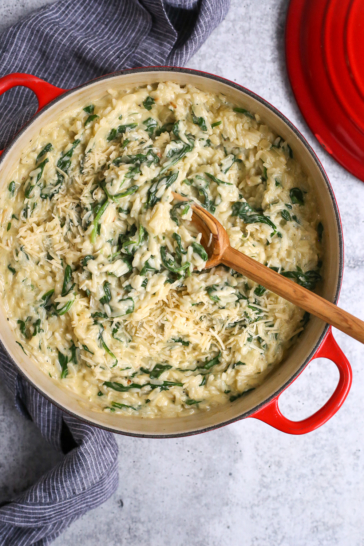You might be thinking, “I don’t need intuitive eating” or “I have to watch what I eat because I have (fill in the blank)” or “How can I eat intuitively when I’ve been relying on calorie counting or macro tracking for so long?” These are common questions I hear all the time and it often leads people to wonder if intuitive eating is for everyone.
This post is going to share exactly why it can be – IF that’s something that’s important to you.
Now, before we go any further: a little disclaimer that although I am a dietitian, this is for informational purposes only. If you’re on the fence about intuitive eating or wondering how it could work for you, check out this post or please reach out! Check out Libre Connections for more information on the coaching services I offer.
[Tweet “Is intuitive eating for everyone? Three reasons why it can be”]
Intuitive Eating Rejects the Diet Mentality
Even if you haven’t been on a diet or you’re not “dieting”, our culture is obsessed with wellness, thinness, and becoming the healthiest version of ourselves. In the past, I couldn’t see what what wrong with that. After all, who doesn’t want to be healthy and feel great?
The thing about healthy lifestyles is that although they’re often advertised as being a “lifestyle” it’s usually just a collection of dieting behaviors. They vary in how disordered they are, and to some it may not be triggering at all. After all, there are conditions that require counting grams of certain nutrients, such as Type 1 diabetes or inborn errors of metabolism. But the mentality and motivation behind careful tracking in those cases is quite different than logging into My Fitness Pal after every meal to log calories and make sure you don’t exceed your daily limit.
Diet mentality is so pervasive in our culture that we often don’t realize that “healthy habits” are actually the byproduct of a disordered relationship with food or your body. Dieting teaches us to fixate on numbers (vs. body cues), compensation (“can’t eat XYZ unless I worked out today”), and bartering (“if I let myself eat this now, I can’t have XYZ later”). There are endless variations of what dieting tools and behaviors look like, and I bet if you’re reading this you likely know what I mean.
Intuitive eating helps remove the black and white rules around food and exercise and encourages us to get comfortable with the grey area in between. One of my favorite teachings from intuitive eating is to adopt “for the most part” thinking. Meaning that, we can still call upon our knowledge of food and how our body responds to it, but remove the guilt/shame/judgement if we don’t abide by that 100% of the time.
I personally feel dieting is something that takes my precious time and energy away from other important things. If I fixate on calories, nutrients, food rules, etc. I’m less focused on doing the work I love. I used to be so distracted and anxious at family events because I was nervous about the food, and I spent WAY too much time pouring over menus and looking up the nutrition facts. And for what? We can’t forget that stress is also a determinant of health – so if dieting “for your health” is actually causing more stress, is it really a net gain?
That’s why I think intuitive eating is for everyone – we could all use a little less stress in our life. Why not feel completely empowered and confident in your food choices so you can be free to enjoy other things in life?
Intuitive Eating Respects Your Body
Intuitive eating is one of the pillars of Health At Every Size® or HAES. There are a lot of other things that fall under the HAES umbrella, but one worth pointing out in this post is the theme of respect. It’s one of the guiding principles of both HAES and intuitive eating, specifically mentioned in Principle 8: Respect Your Body. There is absolutely nothing…repeat: NOTHING wrong with your body. No matter what your size, shape, age, gender identity, or ability, your unique body is worthy of respectful care.
Wellness culture and it’s obsession with the thin ideal (Instagram, I’m looking at you) leads us to believe there is a right way to be healthy. We lose weight, we look great, we have radiant skin, shiny hair, stylish clothes, and apparently live in a place where it’s sunny all the time. No. That’s not real. That’s an illusion. And we believe it because that’s all we get exposed to in the media. If we look around though, we see a much wider range of bodies being represented. They can also experience happiness and good health, and it isn’t despite their body. Body respect means you can still feel dissatisfied with your body or go through tough body image days, but it doesn’t hinger your ability to take care of your body.
Another thing to consider: respecting your body means you also respect your diagnosis. I often hear people say intuitive eating isn’t for everyone because it’s painted as this approach where you can just eat whatever you want with no regard for anything other than pleasure or appetite. That’s only scratching the surface. After you’ve made peace with food, there’s plenty of opportunity to use nutrition knowledge to guide healthful decisions about how you live. It promotes self-care practices from a place of acceptance and respect, not the pursuit of weight loss.
There are many, many examples of intuitive eating dietitians and other health providers using this approach for a number of health conditions. From diabetes to IBS/IBD, PCOS and fertility issues, ethical veganism and food allergies and more. It can be done – so don’t let your diagnosis or lifestyle preference convince you that intuitive eating isn’t for everyone.
Intuitive Eating Makes You the Expert
Becoming an intuitive eater involves a process of unlearning the rules of diet culture and relearning the ways our body responds to food, movement, stress, and a host of other things. I sometimes describe it as getting reacquainted with your body. We’re born with an innate sense of hunger and fullness, but after years of dieting we may not be able to tell when we’re experiencing hunger.
If this sounds like you, read this post: “How Do I Know If I’m Hungry?”
We get reconnected in other ways, too:
- Looking at our relationship with exercise and movement
- Honing our self-care practices
- Practicing mindful eating
- Having the tools to manage stress
- Taking care of our relationships
…and more. Sooooo much more. It goes far beyond “eat when you’re hungry, stop when you’re full”.
This is especially helpful for challenges like cravings or emotional eating (which will inevitably come up). When we’re more in tune with what our body needs and the way it communicates with us, the better we’re able to provide it with exactly what it needs. It usually isn’t an expensive supplement. It might not even be eliminating foods from your diet pattern. It might just involve a little TLC in the form of discovering what makes you and YOUR body feel it’s best and committing to that. So even if you don’t have a current health concern or a desire to change your health, I genuinely believe these are things we could all benefit from.
It’s easy to fall prey to the bright and shiny side of dieting. We see success stories and testimonials and really incredible transformations. It’s no wonder we think, “Well if it worked for them, surely it can work for me, I just need to [insert whatever “lifestyle” or diet change here]”.
But they aren’t you.
Your body is not their body.
You know yourself better than anyone and sometimes it has to be your job to advocate for what you know you need. Even if part of you thinks something isn’t the right fit, you’re probably right.
Intuitive eating is for everyone because it makes you the expert of your body. You alone are tasked with determining how you choose to live. And there is no better person to decide that than you!
Now, all this is not to say that intuitive eating HAS to be for everyone. There are people who still feel drawn to dieting, and that’s OK. This isn’t about trying to convince everyone that intuitive eating is the only choice…it’s simply one of many choices and we all have the freedom and body autonomy to choose what’s right for us. But for anyone confused about whether intuitive eating is for everyone, I’d encourage them to consider these three reasons. Then, let’s talk!
Are you someone using intuitive eating with a diagnosis, health concern, or lifestyle preference? I’d love to hear how you incorporate body respect and a non-diet approach!
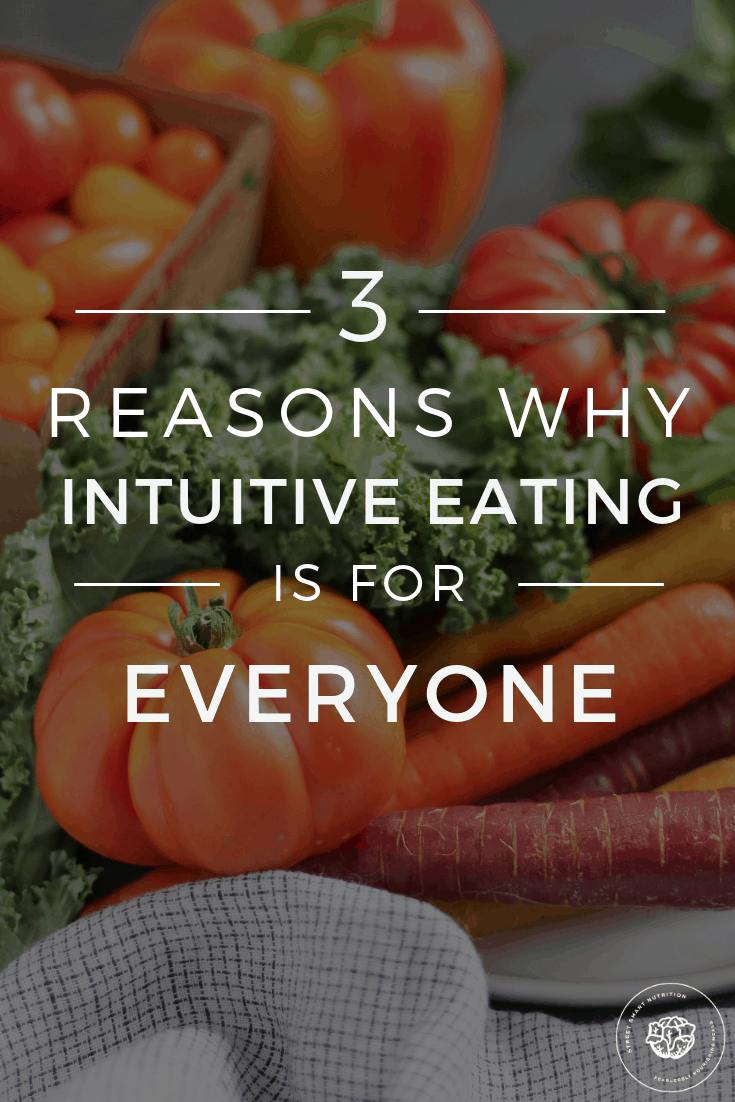
And if you’re looking for more support for a non diet approach and intuitive eating, be sure to check out my Intuitive Eating Workbook. It’s full of resources and tools to help you kick the dieting mentality and find food freedom!
